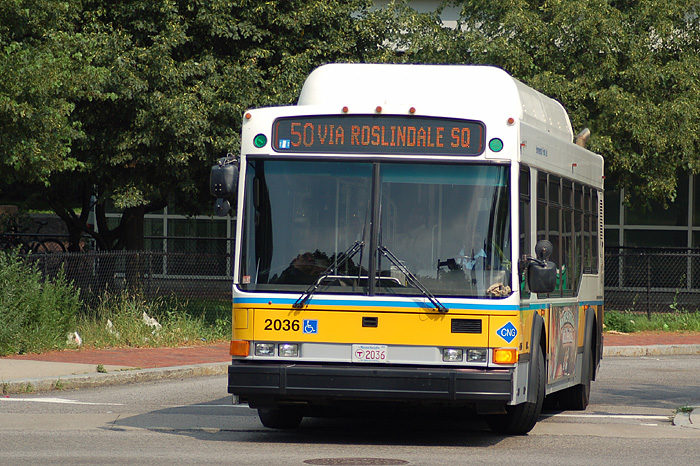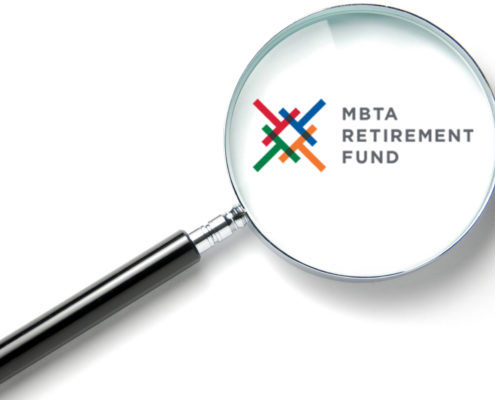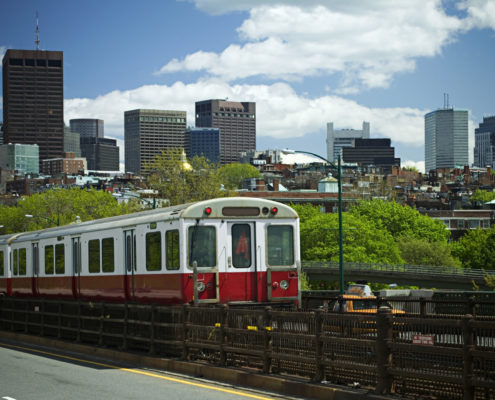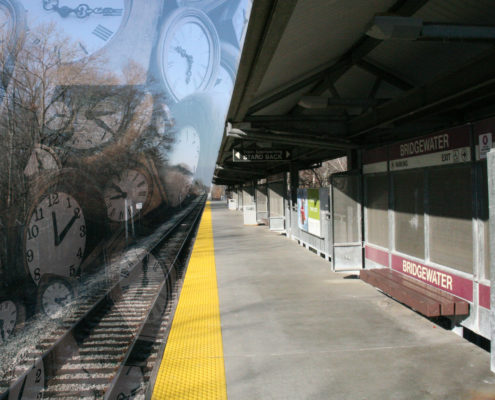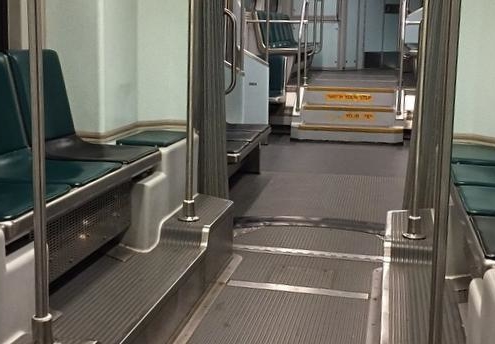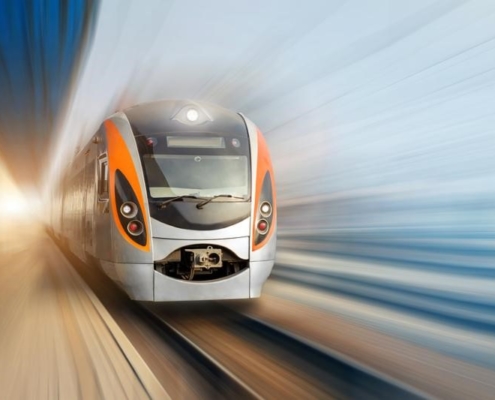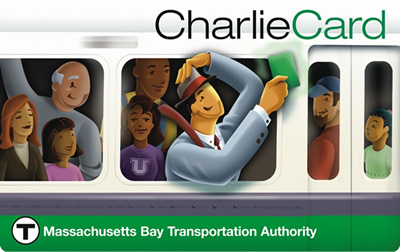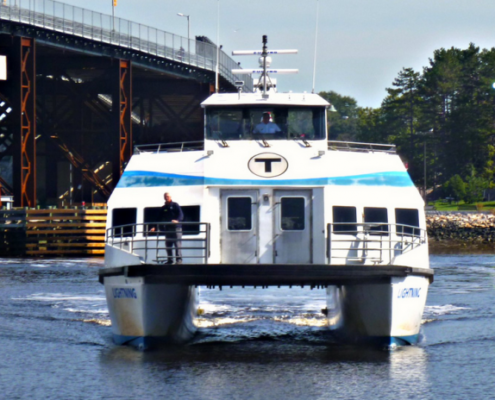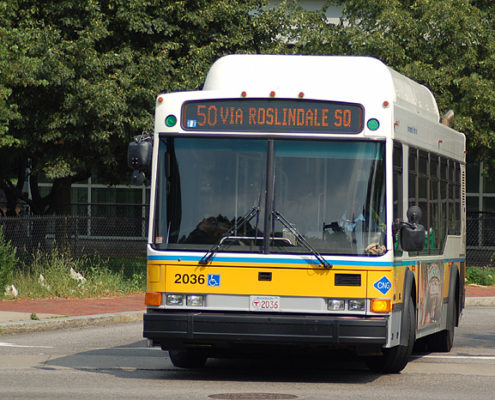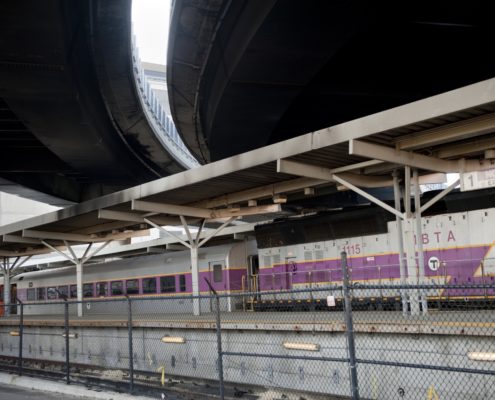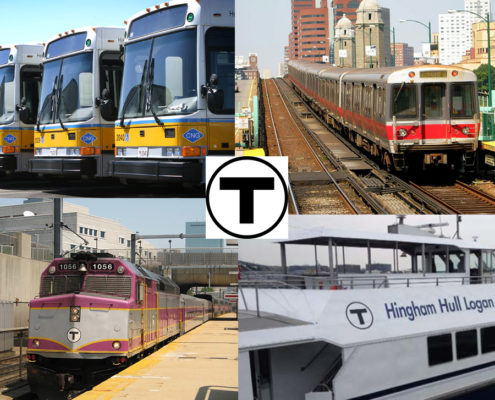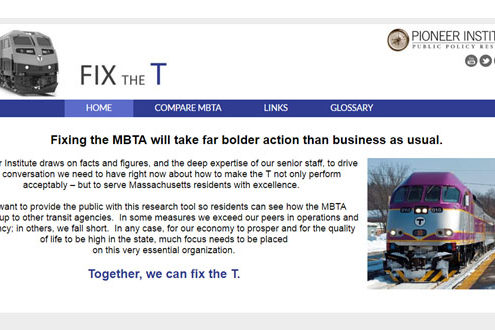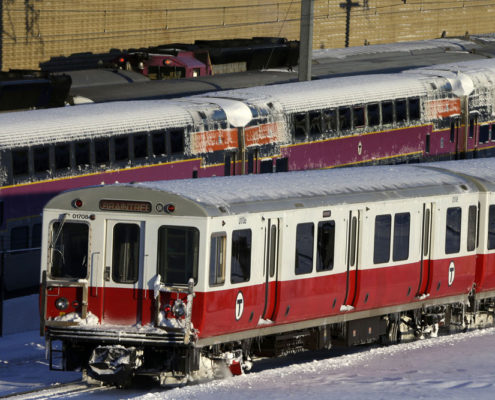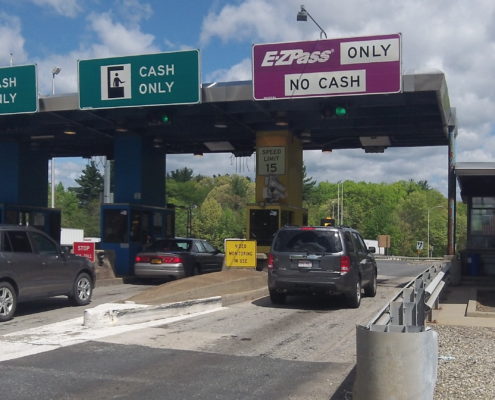Study Finds MBTA Had Nation’s Highest Bus Maintenance Costs In 2015
Reducing costs to average of the most similar U.S. transit systems would have saved nearly $44 million
For inquiries contact Micaela Dawson at mdawson@pioneerinstitute.org.
View coverage of this report in the Boston Herald and on Fox 25.
BOSTON – The most recent data available from the National Transit Database show that the MBTA had the highest vehicle maintenance costs per hour of bus operations among the 25 largest U.S. public transit agencies in 2015, and that reducing those costs to the average of the five agencies most like the T would have saved $43.7 million that year, according to a new study published by Pioneer Institute.
MBTA vehicle maintenance costs per hour of bus operations in 2015 were 70.6 percent higher than the average of the five U.S. transit agencies most similar to the T.
“As the MBTA’s Fiscal and Management Control Board considers outsourcing bus maintenance, the data show that the T’s costs are much higher than those of comparable transit systems and that estimates of the savings that could be achieved by outsourcing appear to be accurate,” said Pioneer Research Director and former state Inspector General Greg Sullivan, author of “2015 MBTA Bus Maintenance Costs Were Nation’s Highest.”
The five transit agencies identified as comparable to the MBTA – Maryland Transit Administration, Washington Metropolitan Area Transit Authority, Southeastern Pennsylvania Transit Authority, Miami-Dade Transit and Metropolitan Atlanta Rapid Transit Authority – were selected using the automated transit agency peer selection process of the Integrated National Database Analysis System, which is partially funded by the Federal Transit Administration.
The MBTA also had the highest total vehicle maintenance labor salaries per hour of bus operations among the 25 largest U.S. public transit systems, 71.2 percent higher than the average of its peer agencies.
In terms of number of vehicle maintenance labor hours per hour of bus operations, the MBTA was second among the 25 largest U.S. public transit agencies in 2015. The T’s vehicle labor hours per hour of bus operations were the highest among its peer agencies, 33.8 percent above the average of the five.
About the Author:
Gregory W. Sullivan is Pioneer’s Research Director. Prior to joining Pioneer, Sullivan served two terms as Inspector General of the Commonwealth of Massachusetts, where he directed many significant cases. Prior to serving as Inspector General, Greg held several positions within the state Office of Inspector General, and was a 17-year member of the Massachusetts House of Representatives. Greg is a Certified Fraud Investigator, and holds degrees from Harvard College, The Kennedy School of Public Administration, and the Sloan School at MIT.
About Pioneer
Pioneer Institute is an independent, non-partisan, privately funded research organization that seeks to improve the quality of life in Massachusetts through civic discourse and intellectually rigorous, data-driven public policy solutions based on free market principles, individual liberty and responsibility, and the ideal of effective, limited and accountable government.
Related Posts:

